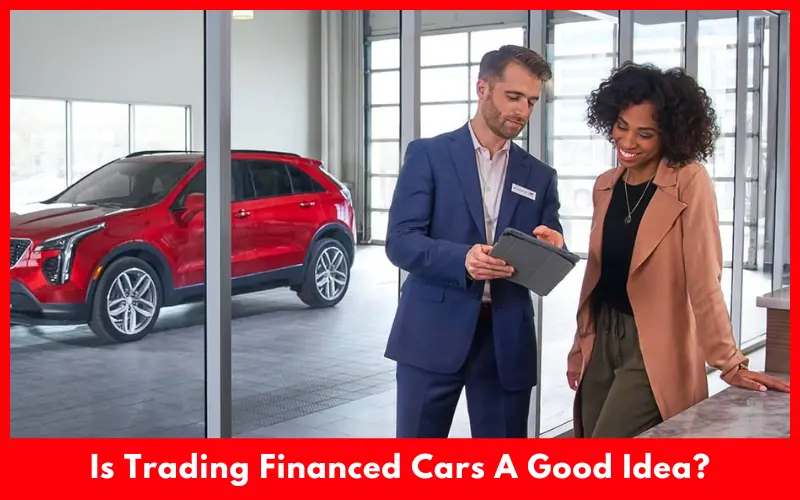If you trade in a financed car, the dealer will pay off the load. However it has a negligible impact on credit. So before taking any action, it’s better to understand is trading in a financed car a good idea. The answer of this query depends on plenty of factors particularly to ensure positive economic outcomes and potential returns. So, should you trade in a finance car? Let’s understand.
Article Summary
How Quickly Can You Trade in A Financed Car?
If you are planning to trade in a financed car, you should consider plenty of factors including financial situation, terms of the financing agreement and amount of equity in the car.
You should also remember the early loan stages particularly if you want more on the car than its value. When you pay, your equity in the vehicle grows, making it the right time to trade.
Look at your trade-in valve, remaining load balance, and its effect on credit before making any decision. You can also assess your finances and talk with a financial advisor to determine the best time to trade on a financed vehicle.
How Does Trading in A Financed Car Work?
- Check how much you owe on a load of your financed car and then list the amount on your monthly payment statement.
- Use the whipflip online tool or other service like Edmunds or Kelley Blue Book to estimate your car.
- If you have sufficient balance, the dealer will use the deal price to pay off your existing debt.
- If you have a negative equity, you will have to pay the difference between the amount that you get and the amount that you borrow before the seller will agree to the deal. You can also use the residual loan to finance your new vehicle. However, this will raise the monthly payments and interest.

How To Trade in A Financed Car?
It depends on lots of factors and some of them are:
1. Outstanding Loan Balance
If you still owe any amount on it before you trade in your car, you have to pay off the balance of the car loan. You can do this by using a cash loan, a new loan rollover, or both.
2. Equity Position
If the current market value of your vehicle exceeds the loan balance, you may have equity in the vehicle. You can use this savings as a down payment on your new car or to reduce the amount you owe.
3. Lender Communication
Contact your auto loan lender to get the exact payoff amount. Some lenders may have specific procedures for handling loan payoffs in the context of a trade-in.
4. Dealer’s Processes
Different dealerships handle trade-ins differently. Some dealerships can handle the trade-in process quickly, while others may take more time.
5. Paperwork
Whether you pay off the existing load or complete the transaction for a new car, there will be some paperwork. The speed of paperwork processing can impact the overall time it takes to complete the trade-in.
Considering Alternative Options
Apart from trading in your financed car, you can also consider these alternative options:
Refinancing Your Current Loan
If you feel the monthly payment is high or loan terms are unfavorable for you, you can refinance your current loan. You can get a new load with friendly terms and lower monthly payments to improve your financial condition without giving up your vehicle.
Selling Your Car Privately
You can also sell your car to a private buyer to ensure a better deal. In this case, you can attract buyers by doing online or local advertising to get more pay than dealerships.

Lease Transfer
If you want to lease your car immediately but can’t find the friendly agreement terms, transfer the lease to another person. There are lots of platforms and tools available that can help you transfer your lease.
Also Read: Challenges Faced By Uninsured Car Drivers
Final Words
So, is trading in a financed cars a good idea? It isn’t a simple decision. You should compare the pros and cons of different alternatives and situations to make informed decisions. However, trading your financed vehicle can be an excellent idea particularly if you want to get a new automobile that matches your preferences.

